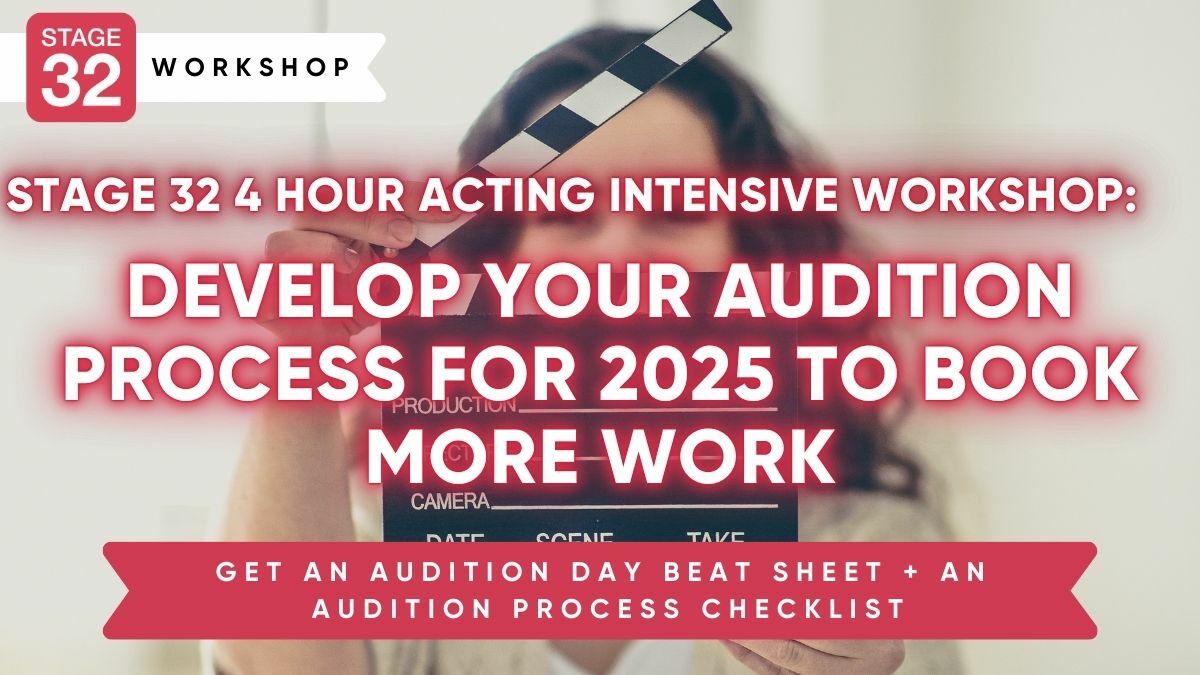With many of us staying at home for extended periods of time, we will lean towards/tend to get creative by writing original music. That is all and good but for many of us, that means we will composing based on our current skills - what we know. I am not suggesting we don't write - I am doing so myself. But that is not the way to grow. This is a great time to learn new things - new methods and new styles. And I am not necessarily suggesting we restrict ourselves to find out how to use our samples in new and different ways. We can do that to.
What now is great time to do is learn more how to write story music. When employed, our jobs are to create music to support the storyline. But how about just creating music to just tell a story - meaning can the listener play the music and see and hear a story going on in their minds eye?
Well as many of us know, one of the ways outside of the classroom setting (and sometimes even in the classroom) is study how others use music to tell a story. Now we can listen to film scores - listen to the "A list" composers of today like Zimmer or Williams or yester year like Goldsmith. That will certainly give us ideas but how about going a bit deeper. Well to do so, often means studying the orchestrations with a score which for films is sometimes possible but more often not.
So here is another idea - how learning from the composers that the A-list scorers studied themselves and get the public domain scores from places likes of imslp.org to follow along with. There are so many story music selections that could be candidates.
But if you were to ask me - three immediately come to mind right off the top of my head (get the score but listen on youtube with the score showing as well):
1. Mussorgsky's "Night On Bald Mountain" (https://www.youtube.com/watch?v=by4khgR7Q5k) - try to stay away from watching Fantasia when you listen. you need to imagine your own story
2. Mussorgsky's "Pictures At An Exhibition" (the orchestra not the piano version) (https://www.youtube.com/watch?v=QLa_MIWZJow) - this one has video with scores.
But I do have a favorite story music that I learn new scoring techniques from. It is Repighi's hour long Rome trilogy. When I was a child and wanted to escape to another world, I used to put on the record and listen closely with my eye's closed. For me it has been my favorite place to learn how to write story music. And if you can only listen to one of the three - listen to the first "Pines Of Rome" (https://www.youtube.com/watch?v=BBcNFcMZmEg).
But remember there are so many - three above are mere starting points you can listen to and read the scores from imslp.org and follow the score while you listen to the music with that score or one that shows on screen while playing through youtube.
You can't go wrong by learning from listening to Pines Of Rome - but my point is, now is a great time to learn new ways of writing music - not just new ways of using your sample sets or continue to write within your comfort zones. Now the time to let your imagine run wild and discover how the composers were able to make that happen.




Joel,
Thank you for posting this!
Wow!
Thank you very, very much for posting this, Joel!